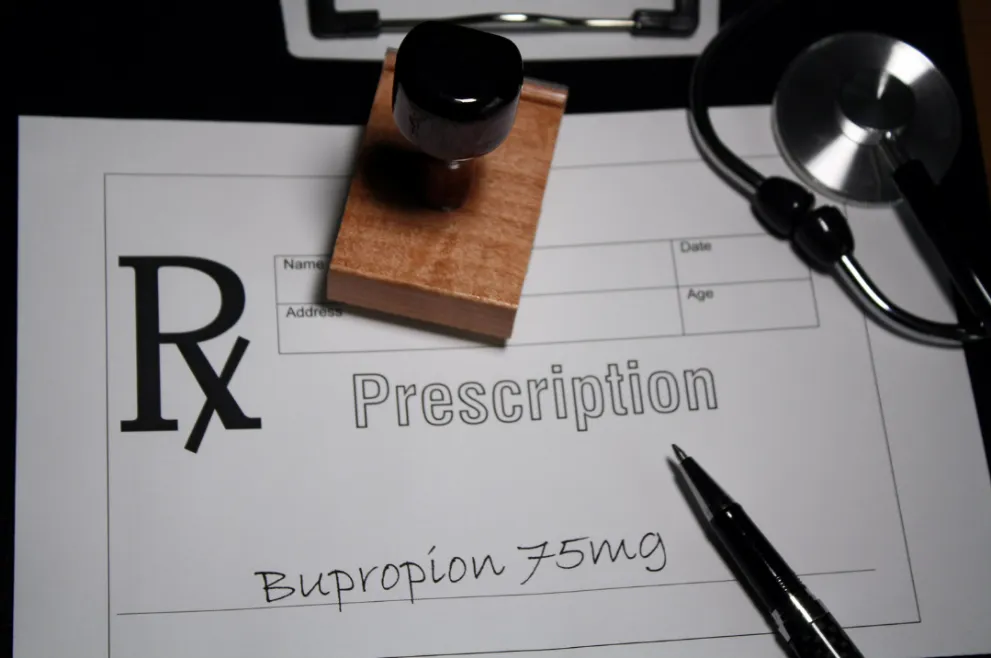Written and medically reviewed by Dorcas Morak, Pharm.D
Have you ever wondered why your nose starts running like a faucet whenever you are around your furry friend? Well, it's all about allergies. Your body becomes sensitized when it encounters certain substances called allergens in the environment, like pollen, dust, or pet dander. These allergens trigger your immune system to release histamine, causing annoying symptoms like sneezing, itching, and watery eyes. Here are some things to consider when choosing the best medication for your allergy.
How Do Different Allergy Medications Work?
Understanding how different allergy medications work is essential to choosing the best allergy medication.
Oral Antihistamines: Think of these as histamine blockers. They swoop in and prevent histamine from wreaking havoc in your body, offering relief from sneezing, itching, and runny nose. From old-school Benadryl to the newer kids on the block, like Claritin and Allegra, there is a variety to choose from.
Nasal Steroids: Nasal steroids are like the superheroes of allergy relief. They address inflammation in the nasal passages, reducing swelling and congestion that can cause significant discomfort. Nasacort and Flonase are some of the big names in this category.
Decongestants: Decongestants come to the rescue when you have a stuffy nose. They shrink those blood vessels in your nasal passages, making breathing easier. Sudafed and Afrin are among the go-to options for quick relief.
Mast Cell Stabilizers: These may not be as flashy as other medications, but they do the job. Mast cell stabilizers like Nasalcrom prevent histamine release, offering a steady hand in managing allergic reactions.
Which Factors Should I Consider When Choosing Allergy Medication?
Before choosing the proper medication for your allergy, consider the following:
How Long Do Your Symptoms Last? Are your allergies seasonal or a year-round persistence? Knowing the duration of your symptoms can help you pick the proper medication for the job. Nasal steroids generally take longer but are the most effective for managing persistent allergy symptoms.
How Fast Do You Need Relief? Some medications, like decongestants and oral antihistamines, work quickly, while others, like mast cell stabilizers and nasal steroids can take longer to alleviate your symptoms. Consider whether you need immediate relief or are willing to wait a few days for the full effect.
What Are the Potential Side Effects? Allergy medications have side effects like other medications. It is essential to know the possible side effects and how they might affect you, from drowsiness to dry mouth. Decongestants, steroids, and second-generation antihistamines like Claritin and Allegra are non-drowsy, but first-generation antihistamines like Benadryl can make you very tired.
What's Your Budget and Accessibility? OTC medications are convenient and budget-friendly, but some prescription options may offer additional benefits. For instance, you can use a prescription discount coupon from Rxless to save as much as 88% on your prescription-only or OTC medication and get it significantly cheaper. To get the most accurate discounts on the go, become a member of the RxLess Assurance Plan by downloading their free app. Consider what works best for your wallet and your health needs.
So, What's the Best Allergy Medication for You?
There's no one-size-fits-all answer. It all depends on your symptoms, preferences, wallet, and lifestyle. Whether you're reaching for antihistamines to keep hay fever at bay or relying on nasal steroids for year-round relief, the key is finding what works best for you. Consult your healthcare professional to explore your options and craft a personalized allergy management plan. With the proper medication, you can conquer allergy season like a pro and breathe easy all year round!
















